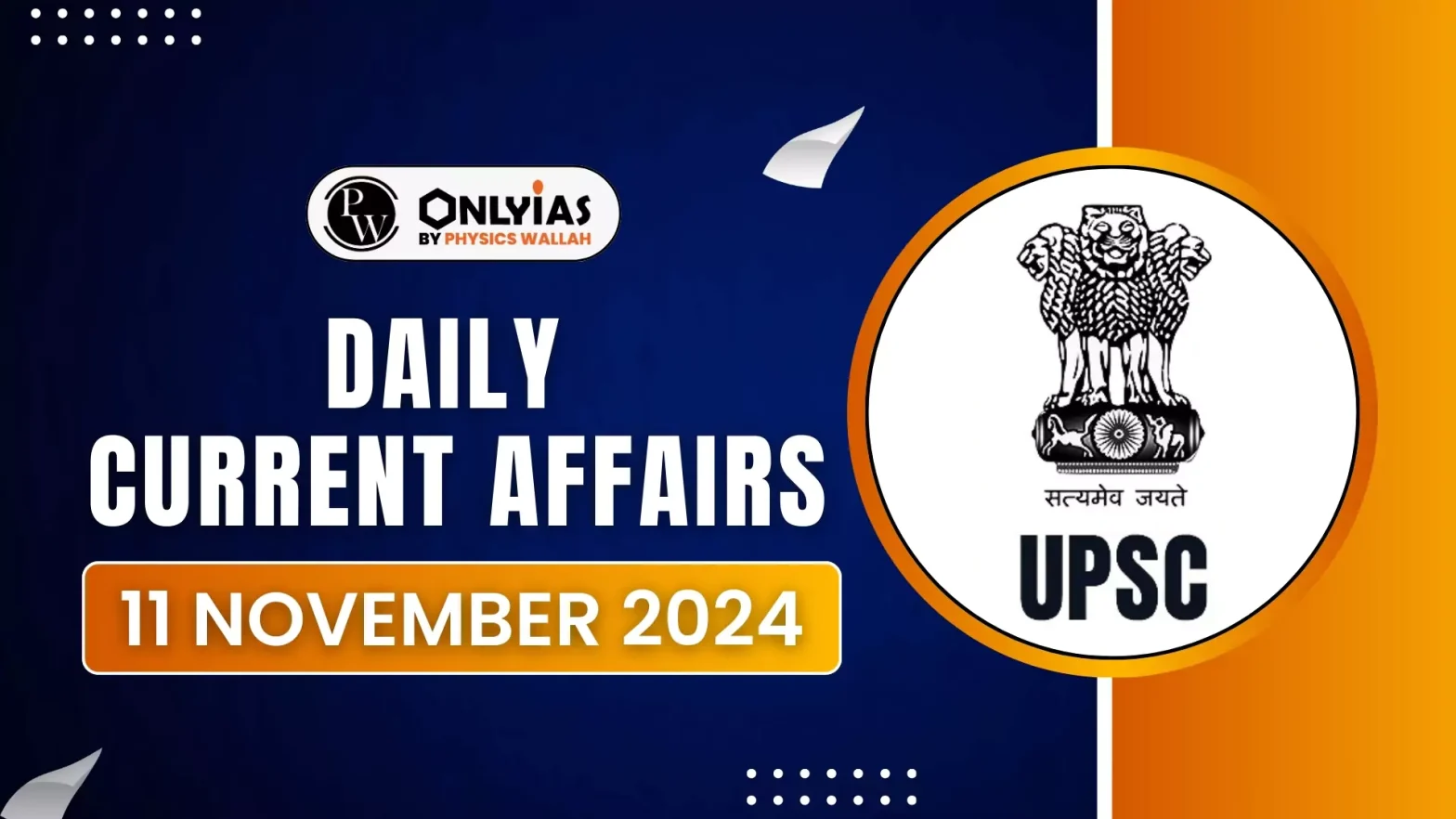In 2023, the central government imposed a Net Borrowing Ceiling (NBC) of 3% of Kerala’s projected Gross State Domestic Product (GSDP) for FY 2023-24.
- Extended Coverage: To prevent states from bypassing this limit through state-owned enterprises, the ceiling now includes certain borrowings by these entities as well.
Gross State Domestic Product (GSDP)
- It is a monetary measure that represents the total value of all finished goods and services produced within a given period of time.
- It usually takes into consideration the geographical boundaries of a state or a country.
- It is calculated without duplication by counting each activity only once.
|
Enroll now for UPSC Online Course
About Net Borrowing Ceiling (NBC)
- This Ceiling (NBC) is a limit set by the central government on how much each state can borrow from various sources, such as open markets and financial institutions.
- It includes all borrowing channels like open market loans, loans from financial institutions, and liabilities under the State’s public account.
- NBC is determined by subtracting a state’s existing liabilities, including those from public accounts, from the overall borrowing limit allowed to the state.
- Purpose of NBC
- Ensuring Fiscal Discipline: The NBC aims to regulate state borrowings to ensure that debt levels remain manageable.
- Preventing Excessive Debt: By capping borrowings, NBC helps prevent states from accumulating unsustainable debt levels, promoting financial stability.
Impact on Kerala
- Financial Strain: The borrowing cap has severely impacted Kerala’s financial position, making it difficult to meet expenditures and invest in developmental and welfare activities.
- Kerala’s case raises questions about fiscal decentralisation, state fiscal autonomy, and the impact of central regulations on Reserve Bank of India’s fiscal control.
- Political and Legal Controversy: The state has approached the Supreme Court, alleging that the NBC curtails its fiscal autonomy under Article 293 of the Constitution,
- It is the first instance of this article being interpreted by the Court.
Constitutional Framework on Borrowing Powers
- Centre and State Borrowing Powers
- Article 292: Allows the central government to borrow against the Consolidated Fund of India.
- Article 293: Empowers States to borrow within India, secured against the State’s consolidated fund, subject to conditions imposed by the central government if outstanding loans or guarantees exist.
- Restrictions and Conditions
- The Central government may impose conditions on State borrowing if previous loans/guarantees by the Centre remain unpaid (Article 293(3)).
- These conditions give the Centre wide discretion in regulating State borrowings.
- Historical Background
- Article 293 is based on Section 163 of the Government of India Act, 1935.
- A clause preventing unreasonable refusal or delay by the Centre was omitted post-Independence, as States were expected to have fiscal autonomy.
Check Out UPSC Modules From PW Store
About Fiscal Responsibility and Budget Management (FRBM) Act
- FRBMA is an act enacted by the Indian Parliament to instil fiscal discipline, helping manage the country’s finances more responsibly.
- Key Objectives of FRBMA
- Transparent Fiscal Management: To establish a transparent and accountable fiscal management system in India.
- Equitable Debt Management: To ensure a fair and manageable distribution of the country’s debt over time.
- Long-Term Fiscal Stability: To foster sustainable financial stability in India.
- Flexibility for Inflation Management
- Support for RBI: The Act provided the Reserve Bank of India (RBI) with greater flexibility to manage inflation effectively.
- Amendments: The FRBM Amendment Act, 2018 requires the central government to ensure that the fiscal deficit does not exceed 3% of GDP and public debt does not surpass 60% of GDP, with targets to reduce the fiscal deficit to below 4.5% by 2025-26.
|
![]() 11 Nov 2024
11 Nov 2024
